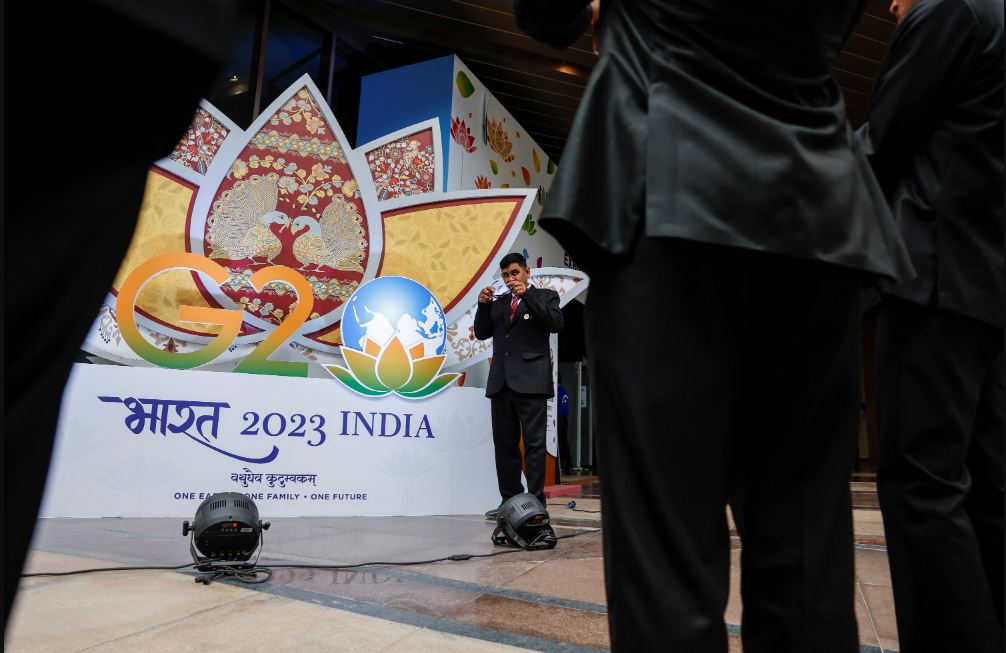Sri Lanka’s budget will strive to return economy to growth, meet IMF targets
Colombo (Reuters) – Sri Lanka’s government will be walking a tight rope in setting out its 2024 budget plan later on Monday as it tries to keep an IMF-led bailout programme afloat by raising revenue through tax hikes while striving to return the crisis-hit economy to growth.
President Ranil Wickremesinghe, who is also the island nation’s finance minister, will present the annual budget to parliament at midday.
Wickremesinghe has the tricky task of boosting tax revenue and rationalising spending in the budget while supporting an economic turnaround seen by political pundits as essential to boosting his appeal at presidential elections in 2024.
Authorities have their work cut out as they must meet strict targets set by the International Monetary Fund (IMF) under a $2.9 billion bailout for the island nation, part of which has already been allocated and helped drive a slow recovery in an economy set to contract 2% this year.
The IMF has warned of revenue shortfalls and backed a 12% budget deficit for 2024 under its four-year program.
Sri Lanka’s cabinet approved raising Value Added Tax (VAT) by 3% from Jan. 1 and broaden VAT collection to increase revenue. Wickremesinghe is also expected to outline how the government may implement additional revenue measures including new taxes such as wealth and inheritance taxes proposed as part of the IMF program.
“This budget has not been formulated with short-term political agenda in mind,” said State Minister of Finance Ranjith Siyambalapitiya in a short statement released on Sunday.
“The main focus is to ensure that Sri Lanka will not fall back into crisis and will maintain its recovery path”.
Bondholders and bilateral creditors will also be watching the budget for signals on how closely Sri Lanka will adhere to IMF targets, which include reaching a primary surplus of 2.3% by 2025 and reducing debt to GDP to 95% by 2032.
Sri Lanka’s budget expenditure will exceed a record 6.5 trillion rupees ($19.8 billion) in 2024, an increase of 12% when compared with the previous year, according to the preliminary budget figures.
Interest payments of 2.6 trillion rupees make up more than a third of total spending, while capital expenditure will stay largely unchanged from 2023 at 1.2 trillion rupees.
Sri Lanka’s economy contracted 7.8% last year, forcing it to default on its foreign debt in its worst financial crisis since Independence in 1948.
The nation’s central bank expects growth of 3.3% in 2024 after an economic contraction of 2% this year.


